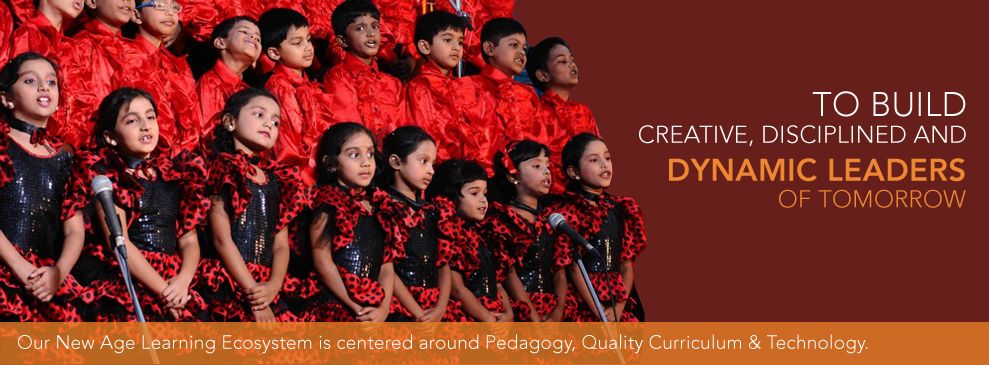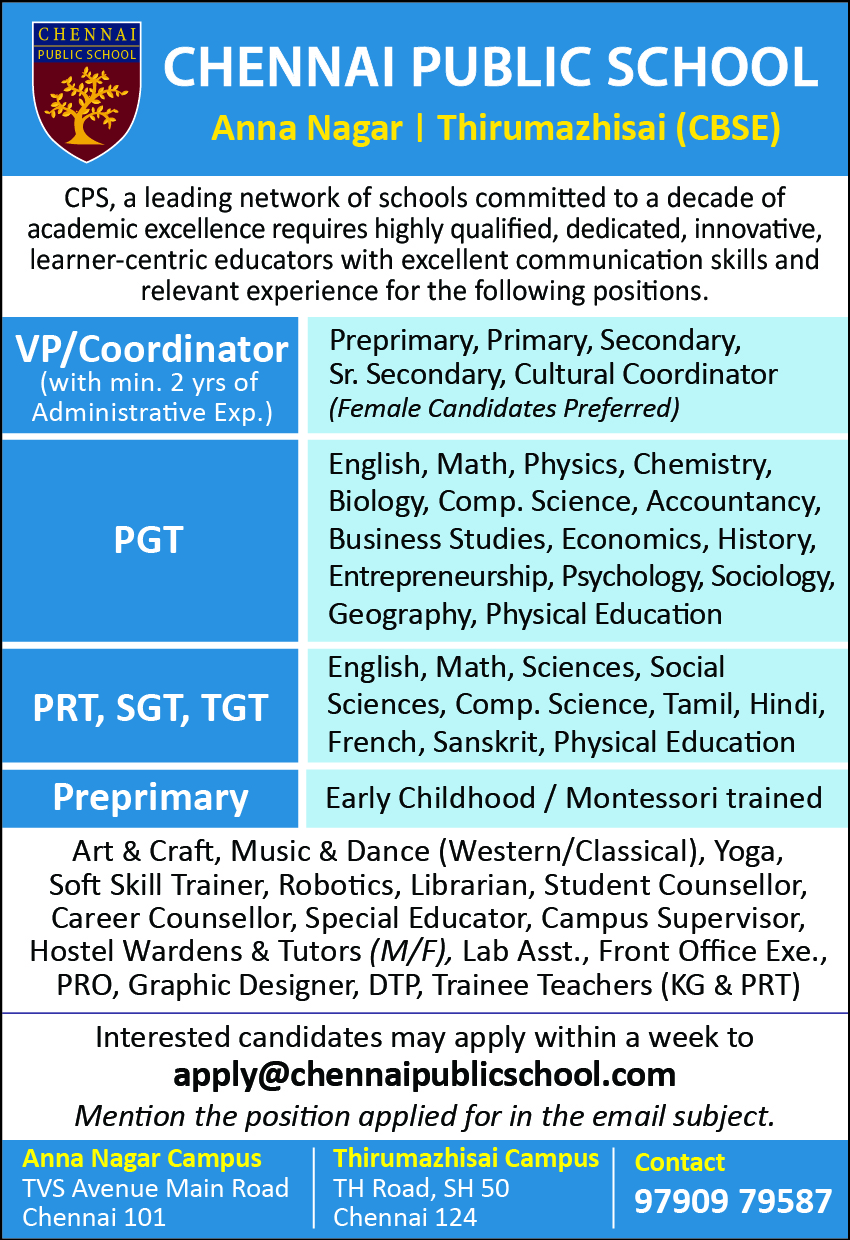IB Diploma
Chennai Public School is authorized to offer International Baccalaureate Diploma Programme.
The International Baccalaureate (IB) Diploma programme (DP) is an academically challenging, two-year Pre University programme which prepares the students for tertiary education. This has broad based curriculum with the focus on critical thinking. Rigorous assessment is the strength of this programme. The assessment is criterion-referenced and hence the students are evaluated on a set of criteria rather than comparing each other.
IBO Mission statement
Leaner Profile
IB Curriculum Framework
Assessments:
University Recognition
The International Baccalaureate (IB) Diploma programme (DP) is an academically challenging, two-year Pre University programme which prepares the students for tertiary education. This has broad based curriculum with the focus on critical thinking. Rigorous assessment is the strength of this programme. The assessment is criterion-referenced and hence the students are evaluated on a set of criteria rather than comparing each other.
IBO Mission statement
The International Baccalaureate aims to develop inquiring, knowledgeable and caring young people who help to create a better and more peaceful world through intercultural understanding and respect.
To this end the organization works with schools, governments and international organizations to develop challenging programmes of international education and rigorous assessment.
These programmes encourage students across the world to become active, compassionate and lifelong learners who understand that other people, with their differences, can also be right.
To this end the organization works with schools, governments and international organizations to develop challenging programmes of international education and rigorous assessment.
These programmes encourage students across the world to become active, compassionate and lifelong learners who understand that other people, with their differences, can also be right.
Leaner Profile
IB learners strive to be
Inquirers
They develop their natural curiosity. They acquire the skills necessary to conduct inquiry and research and show independence in learning. They actively enjoy learning and this love of learning will be sustained throughout their lives.
Knowledgeable
They explore concepts, ideas and issues that have local and global significance.In so doing, they acquire in-depth knowledge and develop understanding across a broad and balanced range of disciplines.
Thinkers
They exercise initiative in applying thinking skills critically and creatively to recognize and approach complex problems, and make reasoned, ethical decisions.
Communicators
They understand and express ideas and information confidently and creatively in more than one language and in a variety of modes of communication. They work effectively and willingly in collaboration with others.
Principled
They act with integrity and honesty, with a strong sense of fairness, justice and respect for the dignity of the individual, groups and communities. They take responsibility for their own actions and the consequences that accompany them.
Open-minded
They understand and appreciate their own cultures and personal histories, and are open to the perspectives, values and traditions of other individuals and communities. They are accustomed to seeking and evaluating a range of points of view, and are willing to grow from the experience.
Caring
They show empathy, compassion and respect towards the needs and feelings of others. They have a personal commitment to service, and act to make a positive difference to the lives of others and to the environment.
Risk-takers
They approach unfamiliar situations and uncertainty with courage and forethought, and have the independence of spirit to explore new roles, ideas and strategies. They are brave and articulate in defending their beliefs.
Balanced
They understand the importance of intellectual, physical and emotional balance to achieve personal well-being for themselves and others.
Reflective
They give thoughtful consideration to their own learning and experience. They are able to assess and understand their strengths and limitations in order to support their learning and personal development.
Reference: IB learner profile booklet – IBO published in Nov. 2008, updated January 2009
Inquirers
They develop their natural curiosity. They acquire the skills necessary to conduct inquiry and research and show independence in learning. They actively enjoy learning and this love of learning will be sustained throughout their lives.
Knowledgeable
They explore concepts, ideas and issues that have local and global significance.In so doing, they acquire in-depth knowledge and develop understanding across a broad and balanced range of disciplines.
Thinkers
They exercise initiative in applying thinking skills critically and creatively to recognize and approach complex problems, and make reasoned, ethical decisions.
Communicators
They understand and express ideas and information confidently and creatively in more than one language and in a variety of modes of communication. They work effectively and willingly in collaboration with others.
Principled
They act with integrity and honesty, with a strong sense of fairness, justice and respect for the dignity of the individual, groups and communities. They take responsibility for their own actions and the consequences that accompany them.
Open-minded
They understand and appreciate their own cultures and personal histories, and are open to the perspectives, values and traditions of other individuals and communities. They are accustomed to seeking and evaluating a range of points of view, and are willing to grow from the experience.
Caring
They show empathy, compassion and respect towards the needs and feelings of others. They have a personal commitment to service, and act to make a positive difference to the lives of others and to the environment.
Risk-takers
They approach unfamiliar situations and uncertainty with courage and forethought, and have the independence of spirit to explore new roles, ideas and strategies. They are brave and articulate in defending their beliefs.
Balanced
They understand the importance of intellectual, physical and emotional balance to achieve personal well-being for themselves and others.
Reflective
They give thoughtful consideration to their own learning and experience. They are able to assess and understand their strengths and limitations in order to support their learning and personal development.
Reference: IB learner profile booklet – IBO published in Nov. 2008, updated January 2009
IB Curriculum Framework
IB Diploma Programme students must choose one subject from each of five groups (1 to 5), ensuring breadth of knowledge and understanding in their best language, additional language(s), the social sciences, the experimental sciences and mathematics. Student may choose either an arts subject from group 6, or a second subject from groups 1 to 5.
Subjects Offered
Group 1: English Literature
Group 2: Hindi, French and Tamil
Group 3: Economics and Business & Management
Group 4: Physics, Chemistry and Biology
Group 5: Mathematics, Mathematical Studies
Group 6: Visual Arts
For each subject there is ‘Higher Level” (HL) which involves in-depth study and “Standard Level” (SL) which is at the grade level. At CPS, the above mentioned subjects are offered at both levels. For Mathematics there are 3 levels – Mathematics HL, Mathematics SL and Math studies SL.
In addition to the above six subjects students are expected to take
Theory of Knowledge (ToK) – a course which teaches critical thinking.
Extended Essay (EE) – a research project taken by the student on a topic which interests him with the supervision of a teacher
Creativity Action and Service (CAS) – For overall development, students are expected to get 150 hours in various activities such as music, drama, creative writing (creativity), sports, leadership activities (action) and community service (Service).
Possible Combinations:
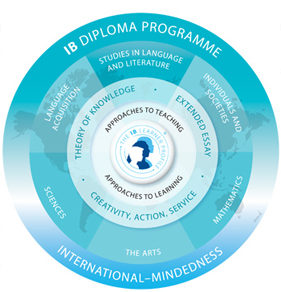
Subjects Offered
Group 1: English Literature
Group 2: Hindi, French and Tamil
Group 3: Economics and Business & Management
Group 4: Physics, Chemistry and Biology
Group 5: Mathematics, Mathematical Studies
Group 6: Visual Arts
For each subject there is ‘Higher Level” (HL) which involves in-depth study and “Standard Level” (SL) which is at the grade level. At CPS, the above mentioned subjects are offered at both levels. For Mathematics there are 3 levels – Mathematics HL, Mathematics SL and Math studies SL.
In addition to the above six subjects students are expected to take
Theory of Knowledge (ToK) – a course which teaches critical thinking.
Extended Essay (EE) – a research project taken by the student on a topic which interests him with the supervision of a teacher
Creativity Action and Service (CAS) – For overall development, students are expected to get 150 hours in various activities such as music, drama, creative writing (creativity), sports, leadership activities (action) and community service (Service).
Possible Combinations:
| For students who are planning on Engineering Degree | Physics, Chemistry and Mathematics at HL; Economics, English and Second language at SL |
| For students who are planning on Medical Degree | Chemistry, Biology and any other subject at HL; English, Second language, Physics, Mathematics and Business & Management at SL ( note these students will be taking 7 subjects instead of 6 subjects for Indian medical universities) |
| For students who are interested in Arts | Visual arts, English and any subject at HL; Biology, Second language, Business & Management and Mathematics at SL |
| For students who are interested in Literature | English, Second language and Biology at HL; Business & Management, Visual arts and Mathematics at SL |
| For students who are interested in commerce | Economics, Business & Management, English at HL; Biology, Mathematics and Second Language at SL |
Assessments:
The assessments are of two parts: Internal and External for all subjects. The marking is out of 7 points.
7 – Excellent
6 – very Good
5- Good
4 – Satisfactory
3- poor
2– very poor
1 – elementary
From six subjects the total adds to 42 points. With a combination of ToK and EE, an additional 3 points are obtained. The total is 45 points. The students are expected to get a minimum of 24 points with some conditions to get the IB diploma.
All universities in the world recognize this diploma as an entrance certificate to tertiary education. For admission into Indian universities, IB office gives an equivalent mark sheet in terms of percentages.
For further information, please visit www.ibo.org
7 – Excellent
6 – very Good
5- Good
4 – Satisfactory
3- poor
2– very poor
1 – elementary
From six subjects the total adds to 42 points. With a combination of ToK and EE, an additional 3 points are obtained. The total is 45 points. The students are expected to get a minimum of 24 points with some conditions to get the IB diploma.
All universities in the world recognize this diploma as an entrance certificate to tertiary education. For admission into Indian universities, IB office gives an equivalent mark sheet in terms of percentages.
| IB Grade | Indian Equivalent Marks From - To |
| 7 | 96-100 |
| 6 | 83-95 |
| 5 | 70-82 |
| 4 | 56-69 |
| 3 | 41-55 |
| 2 | 21-40 |
| 1 | 1-20 |
For further information, please visit www.ibo.org
University Recognition
Universities worldwide recognize the IB International Baccalaureate Diploma at the entry level to ensure that students gain competitive offers from universities of their choice based on their IB qualifications. It is also widely recognized by the Association of Indian universities as an entry qualification to all universities in India. Click here to download full report of the recognition of the IB diploma amongst tertiary institutes in India.
Announcement
ADMISSIONS OPEN 2024-25 Thirumazhisai I Anna Nagar CBSE I Cambridge I IB
Chennai Public School (CBSE)
Thirumazhisai
Online Application Portal for 2024-25 opens from 14th Dec 2023 onwards. Application forms can be procured from the
school office also on all working days between 9 am and 3 pm.
Chennai Public School (CBSE)
Anna Nagar
Online Application Portal for the academic year 2024-25 opens on 24th Jan and closes on 28th Jan, 2024.
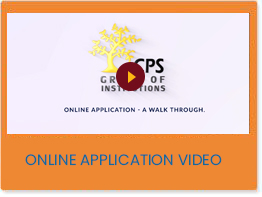
Affiliate Partners:
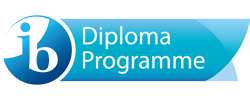
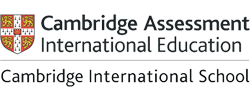
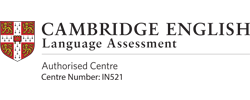

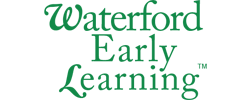





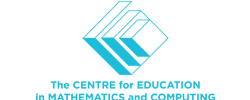
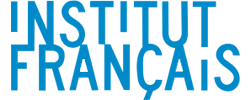
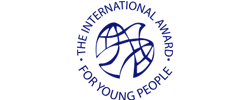
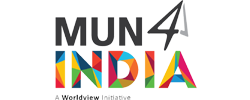
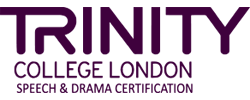
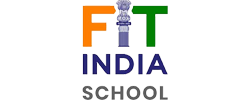
Affiliate Partners:

























